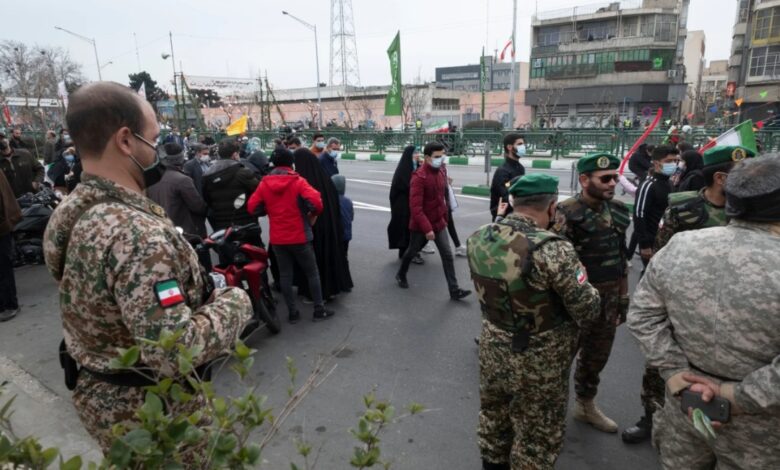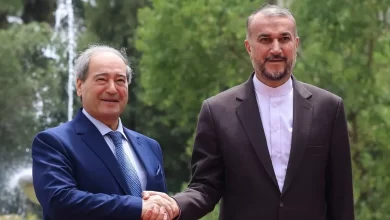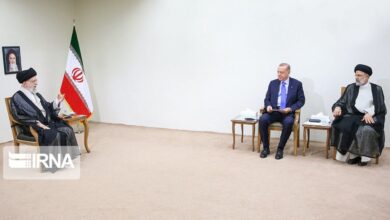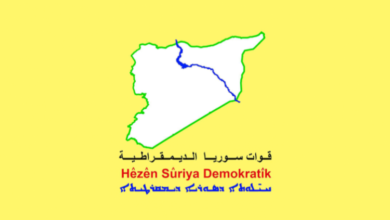Top U.S. General Opposes Removing Iran’s Revolutionary Guards From Terror Blacklist
Israel has condemned the Biden administration's consideration of Tehran's demand to remove the elite force's terror designation as part of nuclear negotiations

The top U.S. general said on Thursday that he does not support removing Iran’s Quds Force, an arm of its Revolutionary Guards (IRGC), from a list of foreign terrorist organizations.
“I believe the IRGC Quds Force to be a terrorist organization and I do not support them being delisted,” Army General Mark Milley, chairman of the Joint Chiefs of Staff, told the Senate Armed Services Committee.
The United States has been considering removing the IRGC from its foreign terrorist organization blacklist in return for Iranian assurances about reining in the elite force.
The removal of the Revolutionary Guard Corps from the blacklist is one of the outstanding issues remaining in the talks over a new Iranian nuclear deal.
Last month, Israeli Prime Minister Naftali Bennett and Foreign Minister Yair Lapid condemned the Biden administration’s intention to remove the IRGC from the blacklist, citing the IRGC’s responsibility for killing U.S. citizens and forces.
Eleven months of indirect talks between Iran and the United States in Vienna on salvaging the 2015 deal have stalled as both sides say political decisions are required by Tehran and Washington to settle the remaining issues.
Another obstacle to the revival of the nuclear deal is Tehran’s demand to close of the UN nuclear watchdog’s investigation into uranium particles found at three undeclared sites.
Iran and the IAEA last month agreed a three-month plan to try to resolve a long-stalled issue over uranium particles found at old but undeclared sites in the country.
On Wednesday, Iran said it has handed over documents to the International Atomic Energy Agency.
“We have handed over the documents on March 20 to the agency. They are reviewing those documents and probably the agency’s representatives will travel to Iran for further talks and then the IAEA will present its conclusion,” Iranian nuclear chief Mohammad Eslami told a televised news conference.
The agency has long said Iran had not given satisfactory answers on those issues, but in early March they announced a plan for a series of exchanges.
IAEA chief Rafael Grossi said last month he will aim to report his conclusion by the June 2022 Board of Governors’ meeting, which begins on June 6.
The joint plan will help to secure the nuclear deal, which Washington exited in 2018 and reimposed crippling sanctions on Iran.
Haaretz





